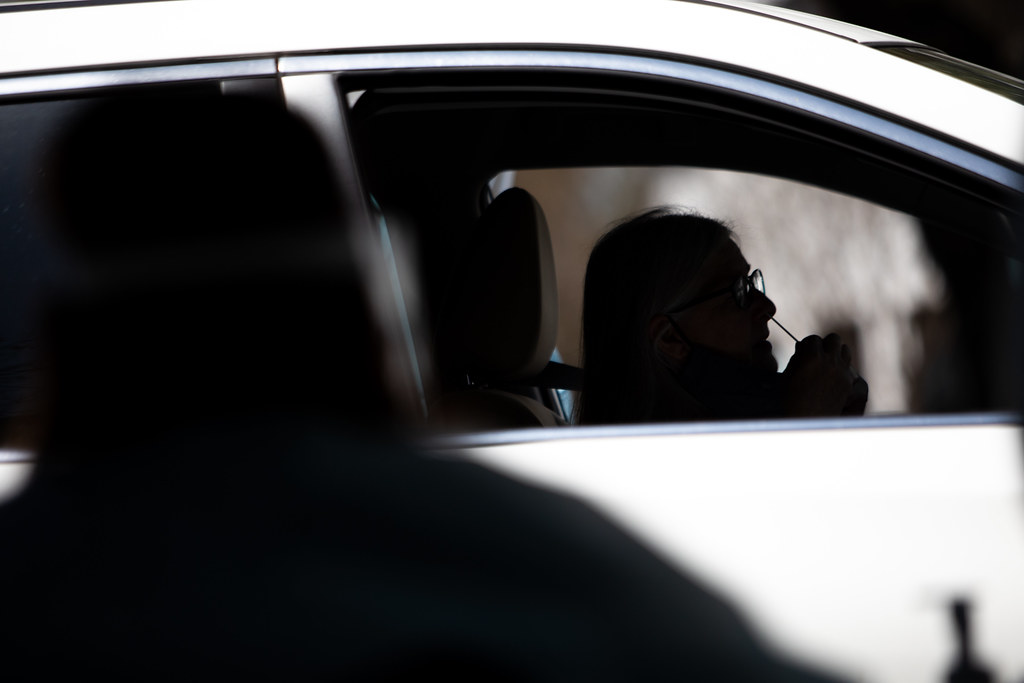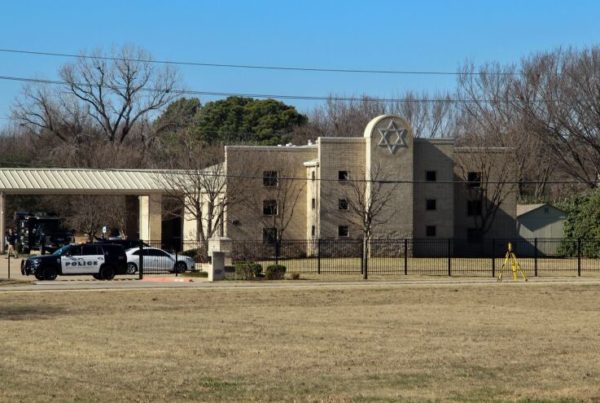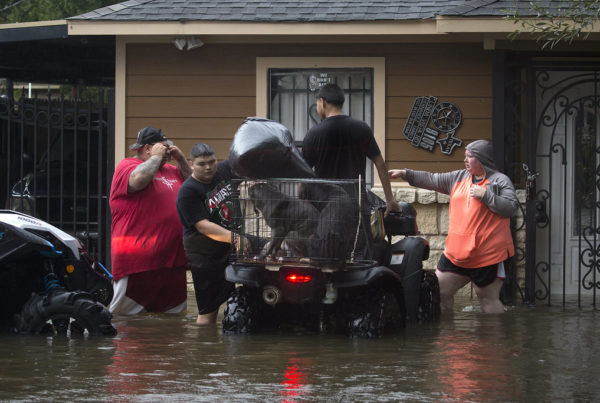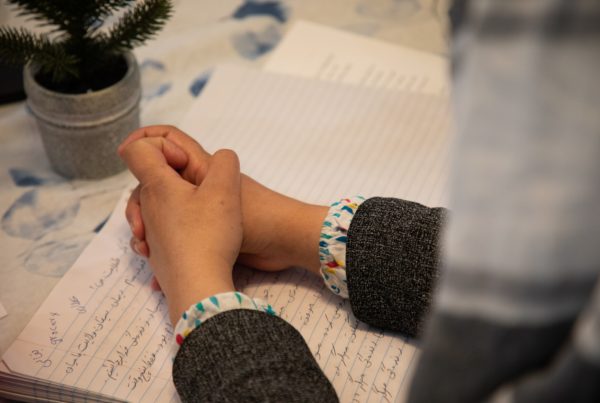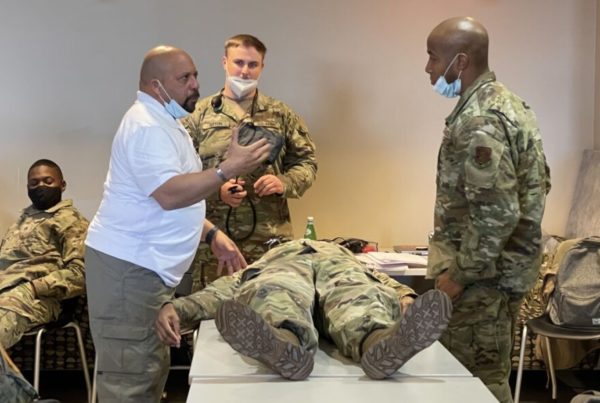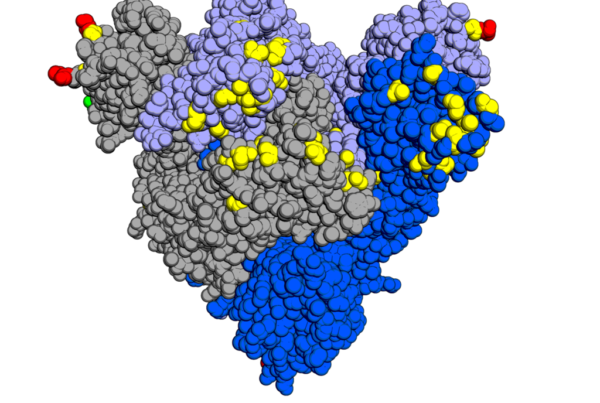Since the start of the pandemic, opportunists have found myriad ways to trick people out of their money. Though people are used to encountering robocalls and online schemes, some scammers have used subterfuge to take advantage of people’s anxiety about COVID-19, creating Web sites masquerading as testing outlets.
Dr. Junda Woo is San Antonio’s Metro Health medical director, the lead health authority for the city. She told Texas Standard that reports have come in of sites charging upfront for testing and people never getting their test results afterward. Some of these operations are gone by the time investigators from the city arrive. Those, she says, are the ones that worry her the most. Listen to the interview above or read the transcript below.
This transcript has been edited lightly for clarity:
Texas Standard: Now I should point out San Antonio Metro Health is not a regulatory body. I mean, you’re not enforcing anything, you can just report to those who can, as I understand it. But what happens when you hear a report of a suspected fraudulent testing site and have you picked up on many of these?
Dr. Woo: Yes, unfortunately, more in the last couple of weeks, people would contact us. What are the most concerning were ones where people said they just never got any results back and they paid up front. You should not be paying upfront for any COVID testing now. It’s very confusing out there because there are lots of nonprofits and universities also setting up impromptu testing sites. But definitely being asked to pay is a huge red flag.
I’m surprised by that. I thought that sometimes one would have to pay, but you’re saying don’t pay.
Right, so the federal government is subsidizing the cost for people who don’t have health insurance. There’s a reimbursement pool that has challenges for providers to get reimbursed from, but that is the mechanism. And if you have health insurance, then the testing site can charge your health insurance, but they are not allowed to bill you to ask you for a co-pay to ask you to pay any part of your deductible.
Well, that’s an important tip off right there. So if someone’s asking you to pay for testing, that’s a red flag?
Correct, and for whatever reason, even legitimate companies that are not local, we’ve had a little bit more issue with. I don’t know if that’s because the people on the ground are not actually part of that company, or whether it’s just that there’s extra delay in getting testing results because of what it’s going through, but that has been an issue. And then, for people who aren’t being asked to pay anything, one of the things we worry about — but we’re not going to know for some time now — is what’s in it for a scammer to do that? Is it that they’re taking the identity information? Because they’re getting people’s names, dates of birth and license numbers or Social Security numbers. You don’t have to give a Social Security number, it’s asked for, but legitimate places will test you even without a social. Another possibility is that they take that information and they continue to use it later to fraudulently bill Medicaid or Medicare. This is speculation on my part because we haven’t gotten any kind of confirmation on that, it’s just me thinking, what’s in it for a scammer if they’re not charging upfront?
Good to have a mindset of being mindful about what sort of information you’re sharing on that form, no matter what. In terms of when you hear about this happening, what do you do as the San Antonio Metro Health director?
We have a system where one of our inspectors — normally they’re restaurant inspectors, but they’ve been doing a lot during this pandemic that’s outside of that — goes to the site and gets some basic information and then passes it on to our lab director. The information should include: Who is your lab director? Do you have something called a CLIA waiver? What’s your CLIA waiver number? Who is the medical director behind this? Also, they look around, to answer, does it look hygienic? Does it look like they’ve got food and beverages in the middle of the testing table? Does it look like people are hand-washing and using other good practices? All of that information together is passed on to our lab director, who then makes a decision about reporting it to the state’s CLIA office. CLIA is the Clinical Laboratory Improvement Amendments, and it’s part of the regulatory process.
So have you had an opportunity to go out to any of these sites yourself?
I’ve gone to a couple of them myself, and some of them seem legitimate. It’s very hard for a consumer to know. The other thing that we have in San Antonio is a web site where we’re posting the names of vetted providers of PCR tests. We’ve had it since the beginning of the pandemic and it is specific to San Antonio, so I don’t know how much that helps anyone who doesn’t live here.
Is this proving slippery for regulators to take action on some of these sites? I would imagine some are sort of fly by night.
Right. The ones that bother me the most are the ones that are fly by night because by the time we go out there, they’re gone. There is nothing to report. There’s nothing actionable, and we cannot help those people who have already given up their money and do not know what to do. Maybe they’ve had COVID and already transmitted it to other people because they didn’t have results.
You’ve gone and looked at some of these sites in San Antonio, and of course, you’re fielding concerns from folks in that part of the state. Have you heard from other cities or your colleagues elsewhere in Texas who might be dealing with similar testing sites, scammer issues?
When I get together with my public health colleagues on calls, that is really low on the list of the many things that we are tackling right now. But I can tell you that I have noticed online that this is not just a San Antonio problem, it is a statewide problem and it is a national problem. So people really do just have to be aware.


